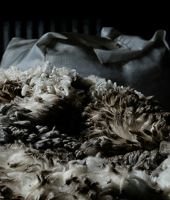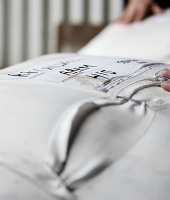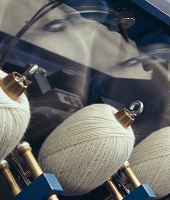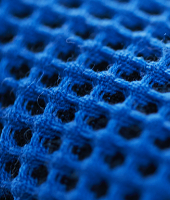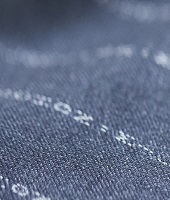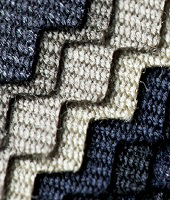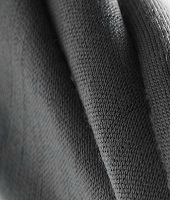100% natural, renewable and biodegradable, wool is the natural solution to the global apparel and footwear industry.
This in-depth introduction provides a solid framework of knowledge and understanding about the wool fibre from its production on farm and the inherent benefits of the fibre, right through to the manufacture of wool and exciting fibre and fabric innovations within the wool industry.
The course will detail the inherent performance properties of wool that allow it to be used in a diverse range of applications and the myriad of processes that make up the global wool supply chain.
By completing the Fundamentals of Wool course you will develop functional knowledge and skills in the sourcing, manufacturing, use and care of wool which will help facilitate the successful selection, management and application of the wool fibre.
By the end this program, you should be able to:
- Differentiate the properties of wool from other fibres.
- Describe the benefits of wool in terms of comfort, easy to wear, safety, appearance and versatility.
- Identify different Merino Innovations and how these can be used to enhance the quality of products made from wool.
- Explain how wool is manufactured from greasy wool into worsted and woollen yarn.
- Identify the different ways yarn can be woven or knitted and how this affects the end product.
- Describe the processes used to dye and finish wool and the environmentally friendly options associated with each.
- Explain the garment faults which may occur and how to best prevent them.
- Recognise the quality assurance behind the Woolmark brand.
- What is wool?
- Introduction to wool
- Why wool?
- Wool production
- Manufacturing wool yarn
- Wool yarns
- Manufacturing wool knits
- Manufacturing woven fabric
- Dyeing
- Finishing
- Merino innovations
- Product quality during manufacture
- Maintaining product quality during use
- Quality assurance
- The Woolmark brand
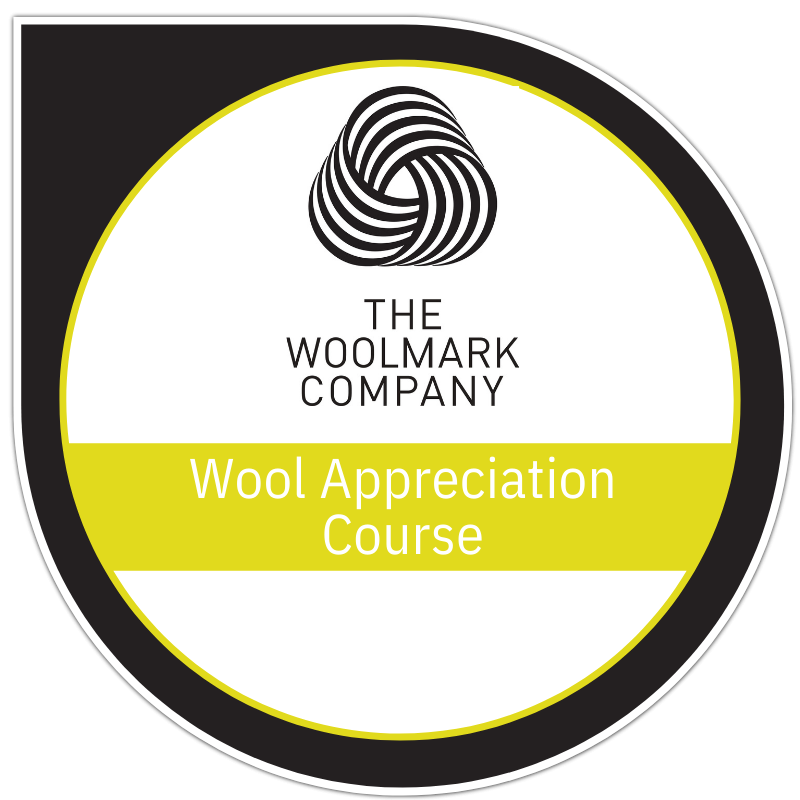
单元: 15
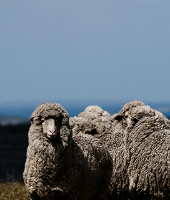
Wool is a natural fibre produced by sheep all over the world. This module will introduce wool, some of its key features and benefits and the sheep responsible for producing nature’s finest natural fibre. After completing this module you will have a greater appreciation of wool.
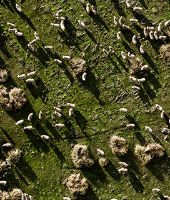
You have already learnt in Module 2: Introduction to wool that wool is a complex natural fibre whose many constituent parts create features that lead to significant benefits for consumers of wool. In this module you will explore these features and benefits in more detail and discover why people around the world choose wool.
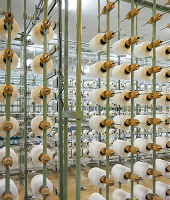
Processing raw (greasy) wool into yarn ready for knitting or weaving involves quite a few steps and the journey from farm to fashion can take up to 18 months! The steps it takes to manufacture wool yarn vary depending on the type of fibre being processed and the yarn being produced. Keep reading to learn about the different ways wool is processed into yarn.
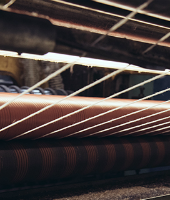
Did you know that yarn can be turned into many different knitted structures to be used for anything from shaped knitwear to fabric for underwear? In this module, you will learn all about manufacturing knitted fabric and knits from wool yarn.
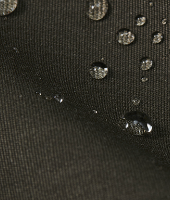
Wool has been around for thousands of years and over the centuries humans have utilised it in many innovative ways. These innovations add value and make wool products highly desirable, even in today's high-tech world. This module explores the driving forces behind Merino innovations and shows how Merino wool can meet the modern consumer’s needs.
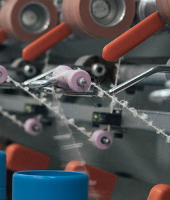
Testing is essential to objectively identify any faults and ensure quality product. These faults can have an impact on subsequent manufacturing stages or on the consumer experience itself. This module takes you through some of the wool-specific testing that occurs and concludes with a final inspection before the garment reaches the retail shelf.
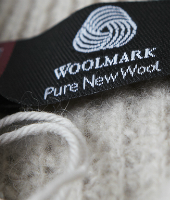
The Woolmark logo is one of the world’s most recognisable textile symbols. It indicates that the product consumers purchase meets the key performance standards associated with quality wool products. This module has been designed to help you find out more about the Woolmark Company, the Woolmark brand and the quality assurance (QA) system that ensures when customers buy a Woolmark-labelled product, they know it’s of the highest standard.
